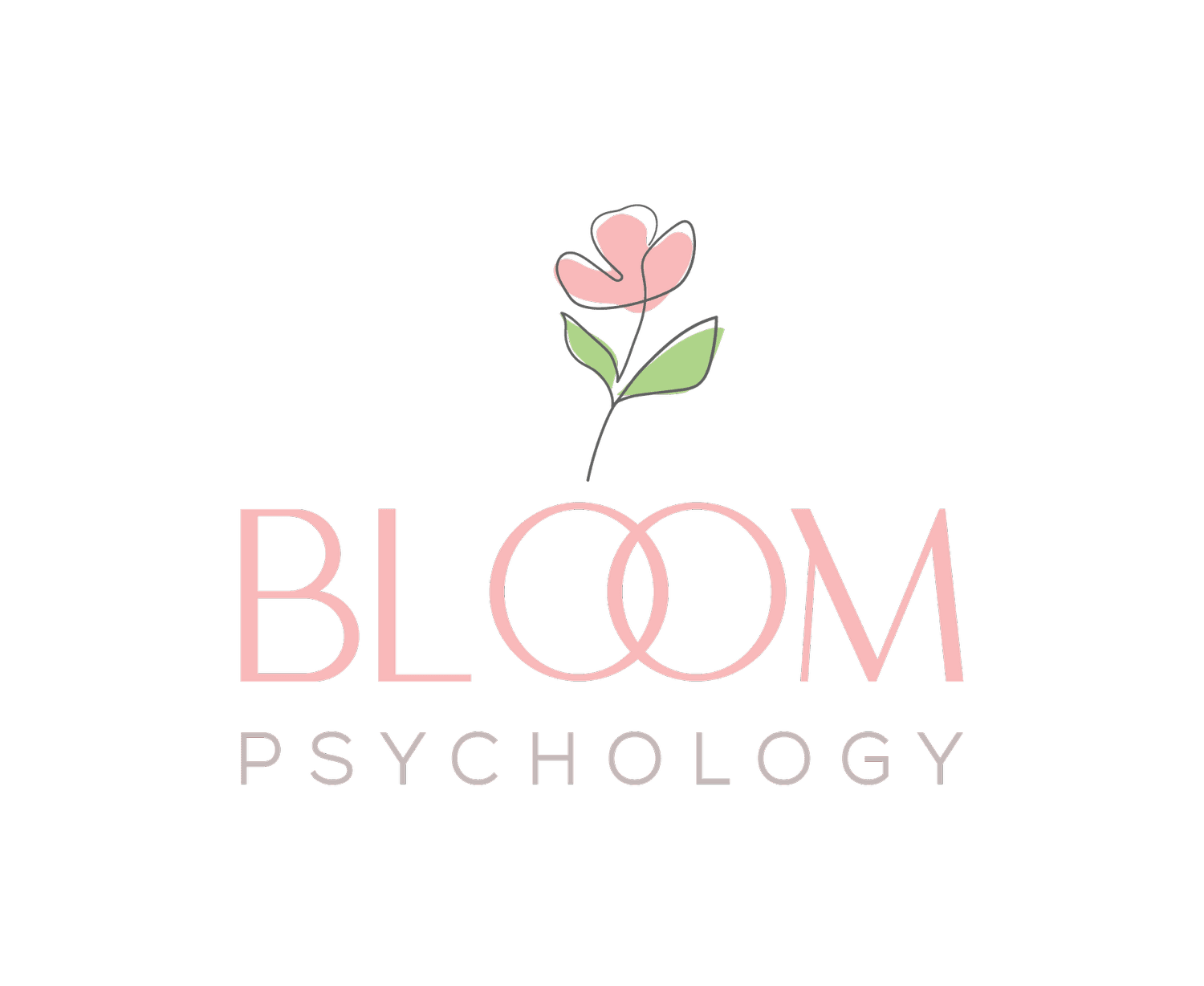Listen to this article
Narrated by Dr. Jana Rundle• 1.5 MB
Keyboard shortcuts: Space or K to play/pause • ← → to seek ±5s
Key Takeaways: Your PPD Prevention Plan
Assess your risk factors honestly so you can plan protective strategies tailored to your situation
Loading video...
Watch this video summary of "How to Prevent Postpartum Depression: Evidence-Based Strategies"
Start therapy during pregnancy — CBT or IPT approaches are proven to reduce PPD risk significantly
Build your support network now — include partner, family, friends, and professional resources before baby arrives
Prioritize physical wellness — movement, nutrition, sleep, and vitamin D all protect mental health
Create a postpartum mental health plan — identify helpers, schedule check-ins, and know the warning signs
Know the warning signs — persistent low mood, severe anxiety, disconnection, or thoughts of harm require immediate professional help
Ready to Create Your Prevention Plan?
At Bloom Psychology, we specialize in perinatal mental health. Our therapists will work with you to assess your risk factors and build a personalized prevention strategy that fits your life.
📞 Questions? Contact us to learn how we can support your mental health journey.
Get More Like This
Join hundreds of moms receiving monthly mental health insights, evidence-based tips, and new articles.
No spam. Unsubscribe anytime.
Specialized Postpartum Support
Get compassionate, evidence-based care tailored to your postpartum journey.

Jana Rundle
Licensed Clinical Psychologist




